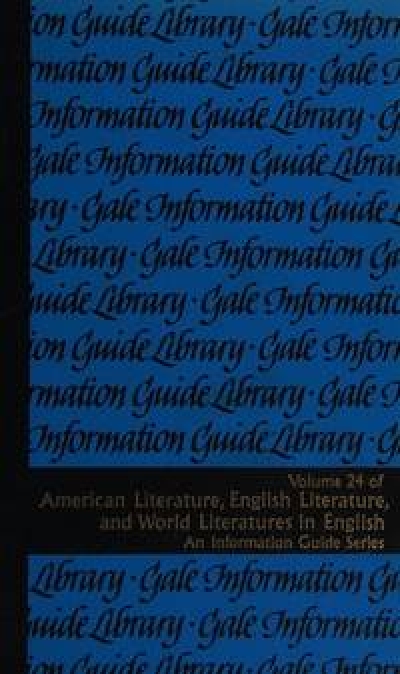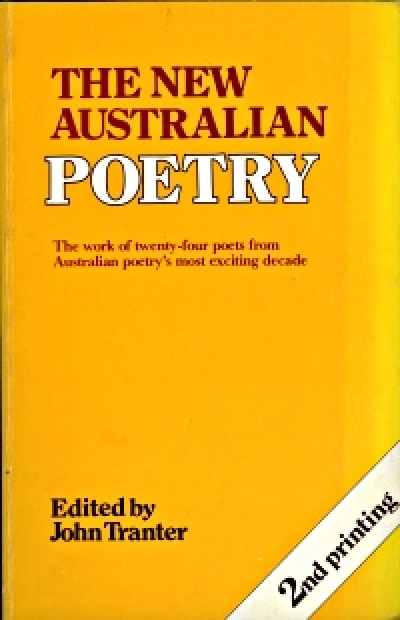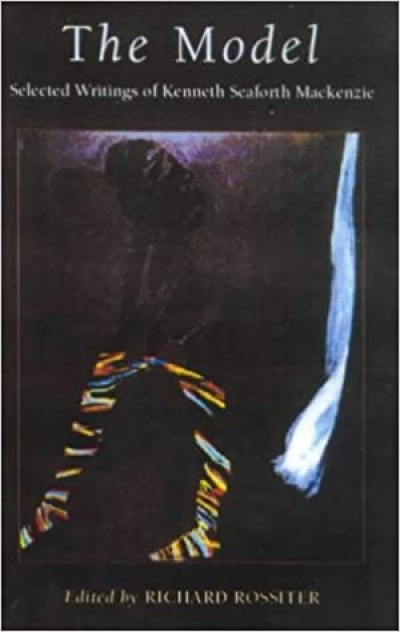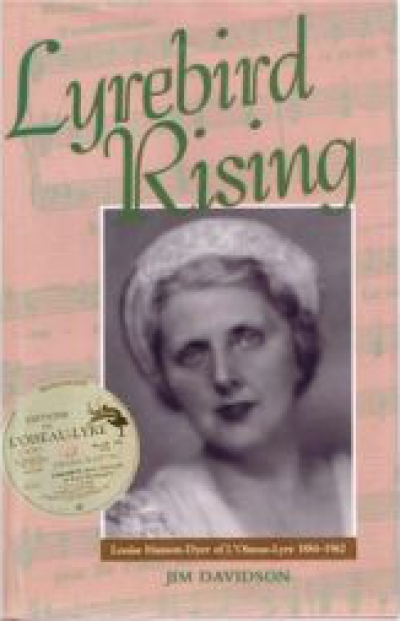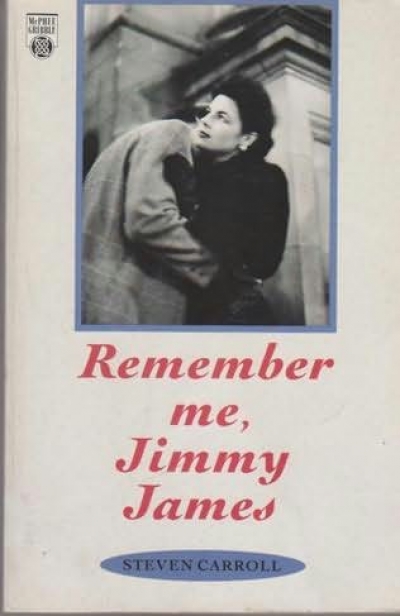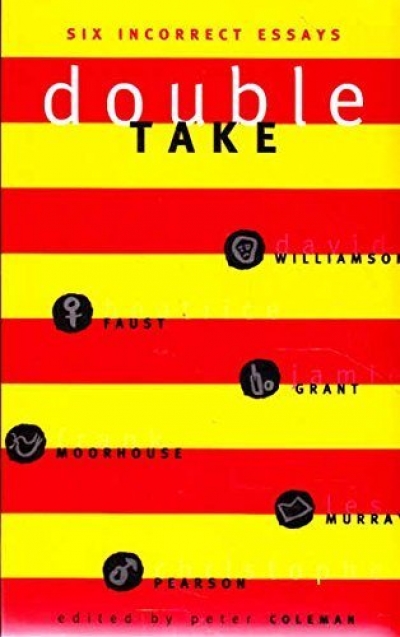Thomas Shapcott
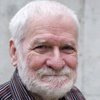
Thomas Shapcott is an Australian poet, novelist, playwright, editor, librettist, short story writer and teacher. He has received numerous rewards and accolades for his work, and in 1989 was appointed an Officer (AO) of the Order of Australia.
After the painting by Rick Amor
Wait. Sometimes the waiting seems interminableBut that is the trick with water. The darkGathers up your apprehension and you seekSome other way of confronting, if you are able,The idea of storm. It is not possibleTo think of wind and rain without every black Possibility of destruction. The bleakSea ensures that. This always was fate’s timetable.
Sometimes t ... (read more)
The intention of this anthology is to sharpen our understanding of what was distinctive in the poetry of ‘the generation of ‘68’ (Tranter’s label).
Though he himself, as well as Robert Adamson, Michael Dransfield, and Tim Thorne, were publishing before 1968, and the ‘senior’ figures (Bruce Beaver, Ken Taylor) were certainly fully formed, the tag is useful. It raises more questions, bu ... (read more)
Geoff Dutton was a man-of-letters who for many years made (with Max Harris) Adelaide seem one of the lively centres of Australian literary culture. One thinks of him in association with the magazines Angry Penguins, Australian Letters, and the original Australian Book Review, not to mention the inauguration of an Australian publication list for Penguin Books, and then, when that soured, the settin ... (read more)
This is both an exciting and a sad collection. Kenneth Mackenzie, like those later Western Australian writers Randolph Stow and Tim Winton (and, I might add, Griffith Watkins), first appeared in print with work composed at a remarkably young age and which was extraordinary in its poetic intensity and command of language. And like Stow and Watkins (but not, fortunately, like Winton) the early achie ... (read more)
One of the defining features of recent years in Australian ‘literature’ (as I suppose we must call it), in tandem with a perceived growth in the quantity of fiction and poetry by women, titles reflecting the ethnic diversity of origin in more and more writers, and a growth industry in Aboriginal studies, has been the remarkable increase in sophistication of approach to biography. Perhaps more ... (read more)
These stories are well written and rather depressing. That makes them, I guess, rather representative of what one might call the current state of short-story writing by urban males. One thinks immediately of recent collections by Garry Disher and Nick Earls. There seem to be a few basic starting off points, the most notable being in the delineation of defensiveness and insecurities that give the m ... (read more)
A first novel written with fine-honed discretion and linking three generations of very ordinary Australians, this book has a satisfying sense of the continuities and disjunctions within families.
The story is rich in small, telling details and wonderfully laconic verbal exchanges (if that is not too heady a word) between couple whose feeling towards each other have been long eroded by habit. Yet ... (read more)
Attending a poetry festival is not normally considered a life-threatening event (not even if you are prone to deep vein thrombosis from constant sitting) but when I told my family I was going to Struga, I was greeted by worried looks and expressions of deep concern. Struga is in the Republic of Macedonia. Just days before, Macedonian hotheads had set fire to a mosque in Prilip (not that far from S ... (read more)
I approached this collection of essays with some sense of anticipation, thinking ‘Do David Williamson, Beatrice Faust, Jamie Grant, Frank Moorhouse, Les Murray, and Christopher Pearson have something in common? If so, what?’
When I read Peter Coleman’s introduction with its language of battle lines and militarist imagery, I was certainly aware of an Us vs Them program, with the demon as Pol ... (read more)

